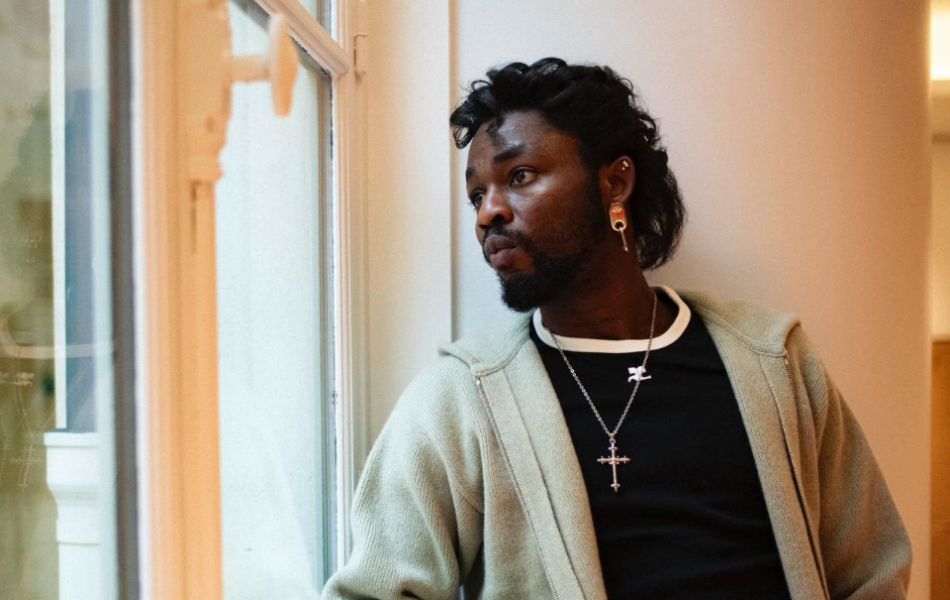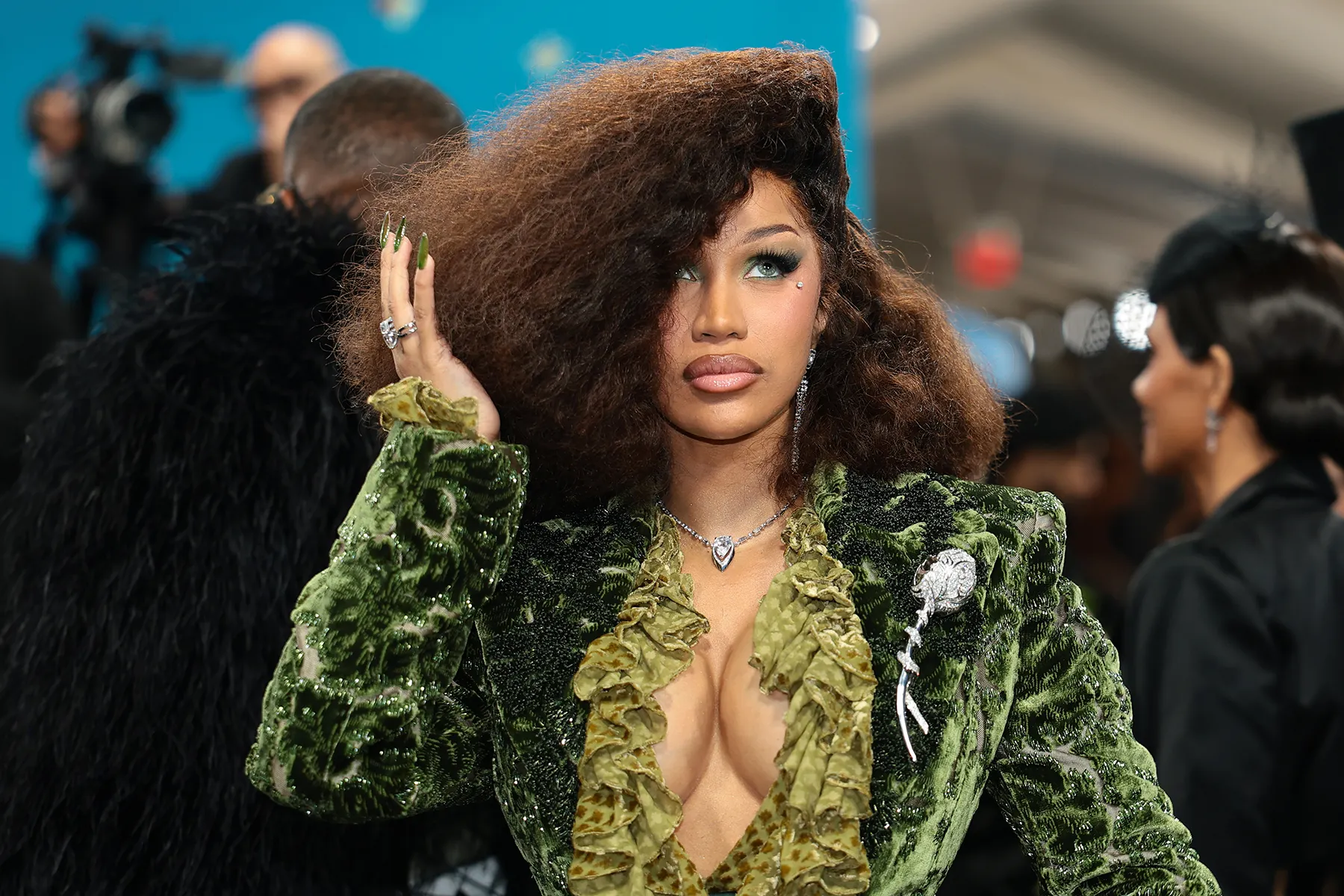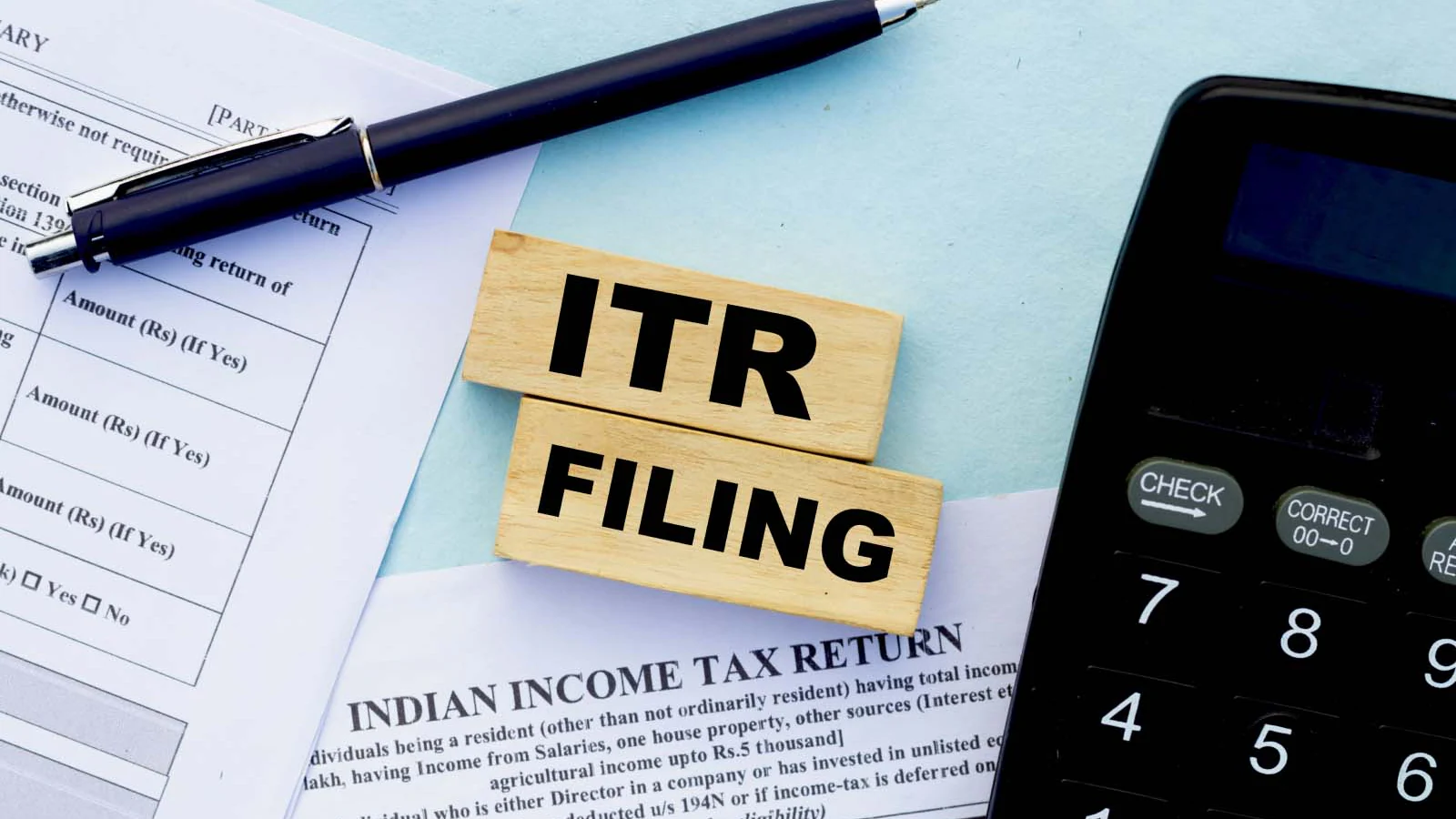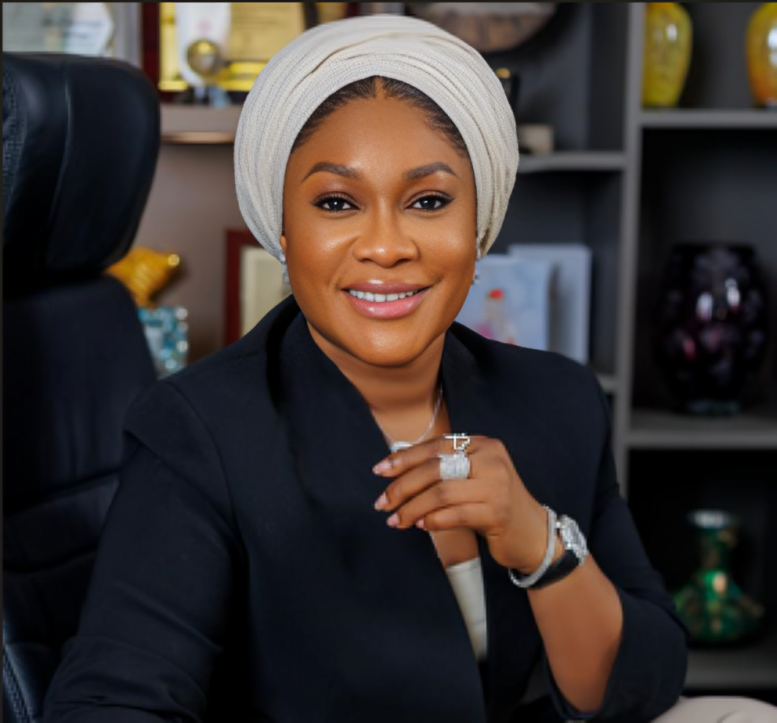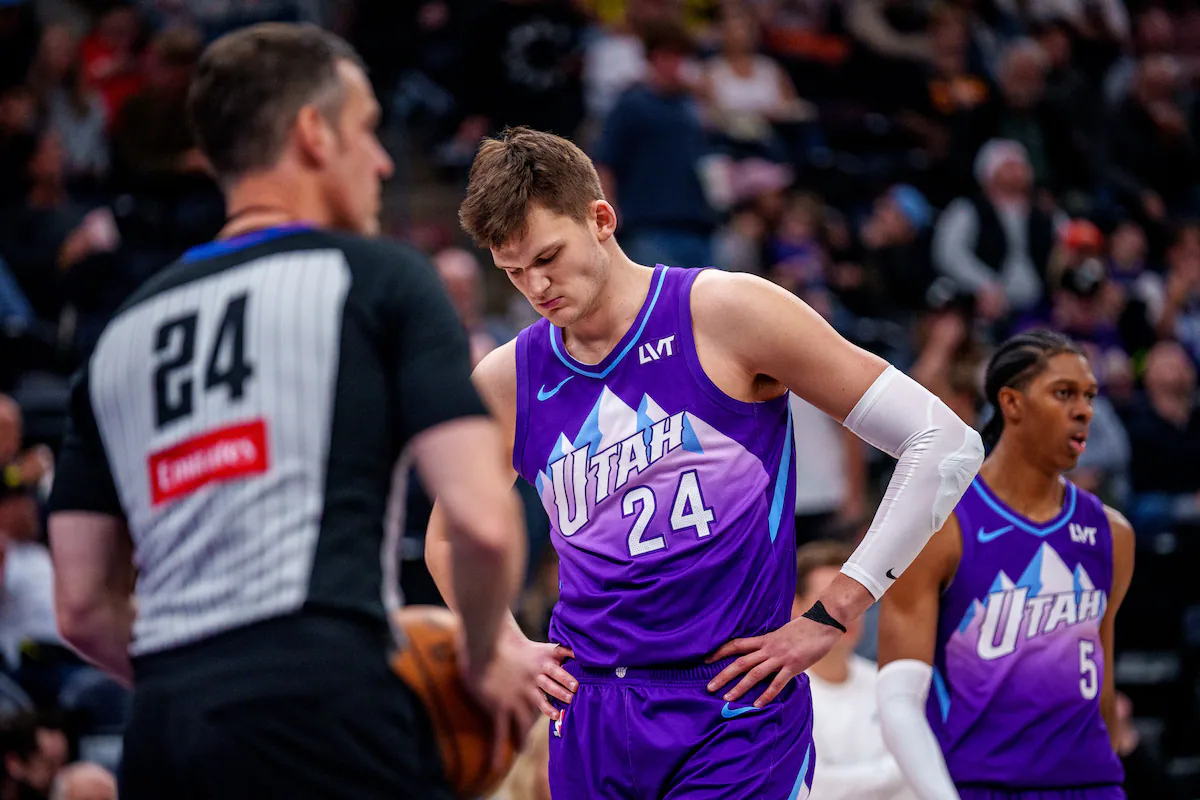
The Utah Jazz and Walker Kessler will not reach an agreement on a rookie-scale contract extension, league sources tell The Athletic, which clears the way for the starting center to reach restricted free agency next summer.
Kessler, who is entering the final year of his rookie contract, has emerged as one of the best young defensive centers in the league. He’s one of the best rim protectors in basketball, one of the better athletes at his position in the league, and he is someone who projects as the kind of defensive presence in the lane that teams need in this era of spacing with players who are able to pressure the rim off the dribble.
The Jazz know this and, according to sources, highly value Kessler and see him as a cornerstone to the future. He is the one young player Utah acquired since moving on from Donovan Mitchell and Rudy Gobert, that has significantly popped and has proven himself as a night-in and night-out starter at the NBA level.
So, if the Jazz value Kessler so much, why not extend him now and lock him into a five-year deal?
The answer is a simple: Money. And the NBA is a business.
The Jazz see themselves as trying to end their time near the bottom of the NBA barrel as soon as next summer. By not signing Kessler now, he would have a cap hold of $14.9 million next summer, which would give the Jazz enough space to keep Kessler’s hold, and still do work in free agency. Then, theoretically, the Jazz and Kessler can come to an agreement. Because Utah holds Kessler’s bird rights, the Jazz would be able to exceed the cap by signing him.
If Utah extends Kessler now, his cap hold would be whatever that contract dictates, which could make the franchise less flexible from a money standpoint.
As of now there are a limited number of teams that project to have cap space. But the Los Angeles Lakers, who have in the past been admirers of Kessler’s, are one of them. In that sense, there could be pressure on the Jazz to have a prospective offer ready for Kessler at or near the start of free agency.
Kessler and the Jazz have had multiple meetings during the summer concerning a possible extension, according to league sources. And the Jazz have put a formal offer on the table. But, the two sides haven’t come relatively close to actually striking a deal.
Are there some risks involved with how Utah is proceeding? Yes, even if it makes sense.
Kessler is a very good basketball player. And in the past, one of the only things that truly muted his performance has been a lack of playing time. He played 30 minutes per game last season over 58 games. He averaged 11 points, 12 rebounds, 2.4 blocked shots and shot better than 66 percent from the field.
If Kessler plays, say 35 minutes a night, which is about the kind of time a 24-year-old of his talent should be playing, those numbers could increase, and maybe significantly could raise his market value. That being said, it remains to be seen just how much a front office led by Austin and Danny Ainge would be willing to pay a traditional center. One of the reasons Gobert was dealt was because Danny Ainge didn’t want to continue to pay him 40 million dollars a year.
Kessler’s currently in a different position than Gobert. He’s younger and he hasn’t yet entered the prime of his career, while Gobert was on the tail end of his prime. But, the Jazz truly want to try and turn a corner, beginning with this coming summer. They are going to be as competitive as possible this upcoming season. But, if they end up winning 20 games and garnering a top-five pick in the 2026 NBA Draft, there won’t be any tears shed in the front office. There are some prizes in this upcoming draft, including Darryn Peterson, Cameron Boozer and incoming BYU freshman AJ Dybantsa. Having Kessler already in place as a defensive cornerstone would certainly speed that process.
Overall, the Jazz have certainly done their part to prove how much Kessler means to them. They have turned down a number of trade overtures for Kessler over the past couple of years. This summer, they visited and spent time with him in his Atlanta-area home. And they have communicated their financial plan to Kessler and his camp.
For a season in which the Jazz figure to struggle to win actual games, Kessler’s impending restricted free agency comes with some intrigue. But the Jazz are hoping that once free agency actually starts next summer, the situation takes care of itself with a minimal amount of drama.
